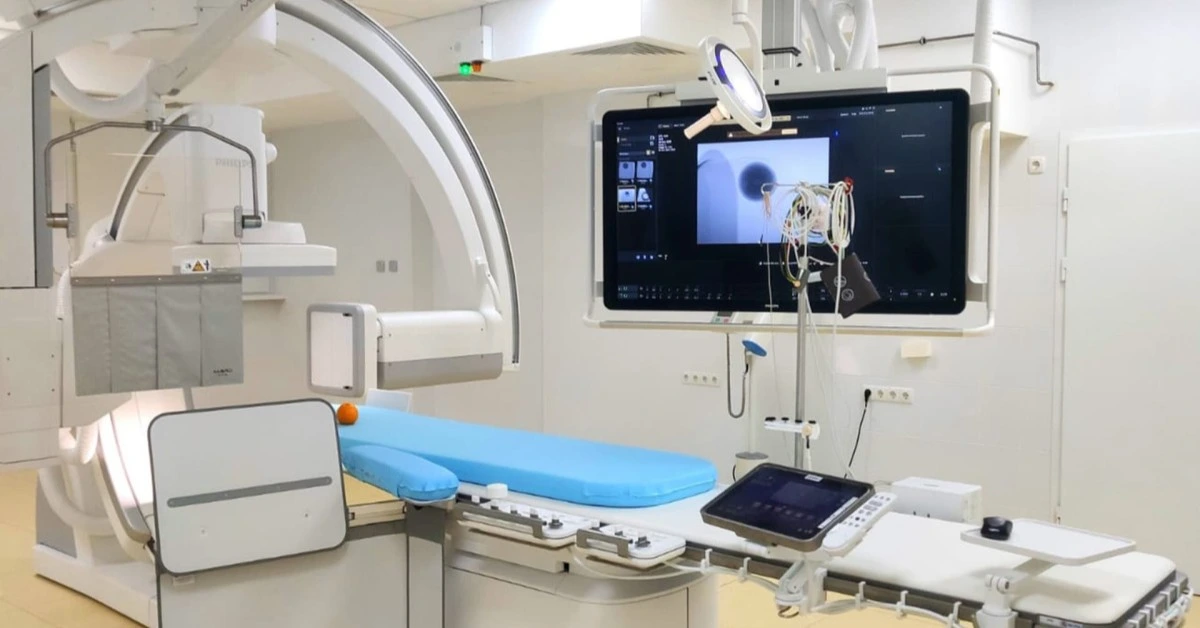
NETHERLANDS – Philips has started a new clinical trial to test an ultralow-dose X-ray technique that could significantly lower radiation exposure during coronary procedures.
The study, called Radiqal, will enroll over 800 patients across the U.S. and Europe and was announced during the EuroPCR 2025 cardiology conference in Paris.
The main goal is to reduce radiation levels by 50% compared to the lowest current settings on Philips’ Azurion systems, which already use ClarityIQ technology to minimize exposure.
Dr. Javier Escaned, the lead investigator and a cardiology professor in Madrid, emphasized the importance of reducing radiation while maintaining clear imaging, especially during procedures that use diluted contrast media.
Dr. Darshan Doshi, head of clinical strategy at Philips, added that both doctors and patients, particularly those with complex conditions or high BMI, benefit greatly from lower radiation levels during repeated interventions.
This initiative comes as concerns grow over long-term radiation risks to interventional cardiologists, including increased chances of cancer, cataracts, and back injuries caused by wearing heavy lead aprons.
Earlier this month, major medical organizations, including the American College of Cardiology and the Society for Cardiovascular Angiography & Interventions, called for stronger radiation safety standards in the cath lab.
Despite the availability of safer technology, many hospitals have been slow to adopt these solutions due to high costs and outdated rules.
Meanwhile, Philips also introduced its VeriSight Pro 3D intracardiac echocardiography catheter to the European market.
This system allows real-time heart imaging without general anesthesia, offering a less invasive option for procedures like valve repairs and appendage closures.
XRP HEALTHCARE L.L.C | License Number: 2312867.01 | Dubai | © Copyright 2025 | All Rights Reserved